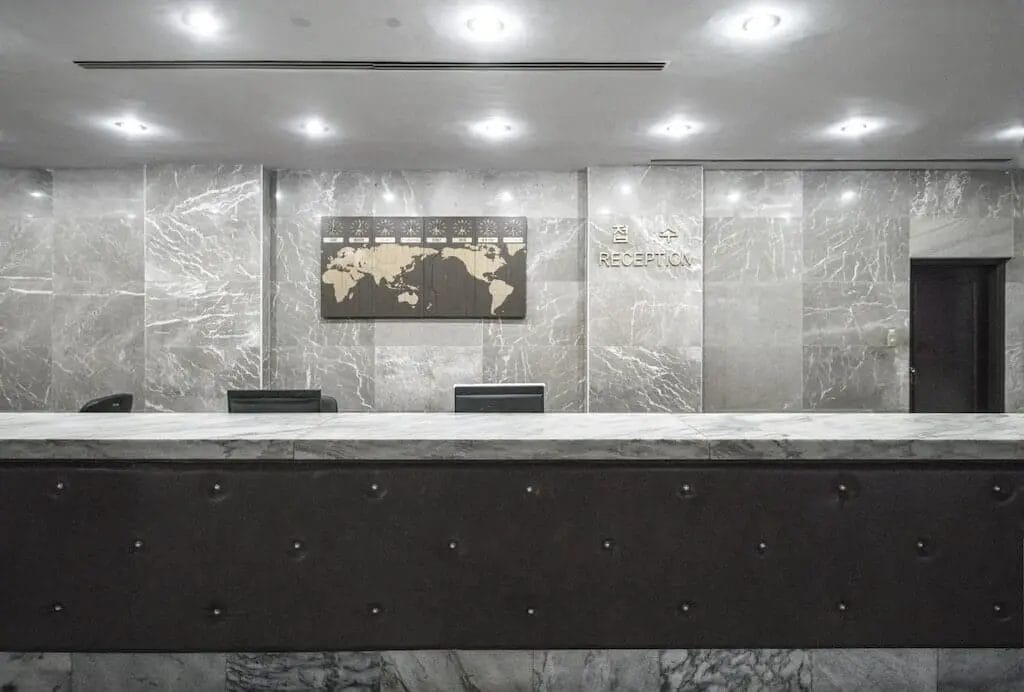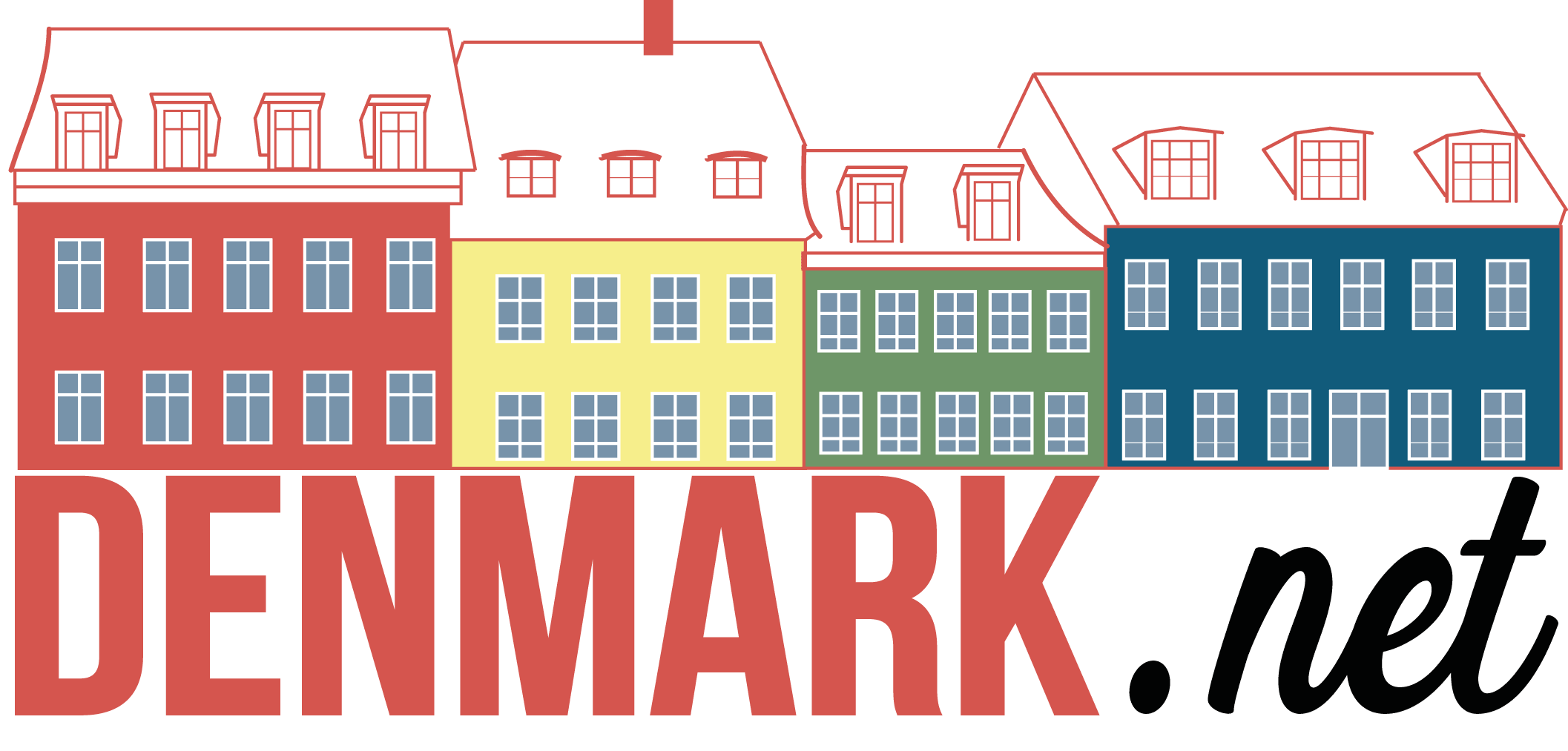
Work and Health in Denmark, this is a lesson that perhaps every one of us has to keep in mind. If we want to live longer and be more efficient at work, then we should not force ourselves to work if we feel sick. The more you try to work when your body is feeling weak, the more you will be going to get sick and the longer it will take for you to recover.
Danes Love To Work
This may be a surprise and you are probably asking why Danes love to work? Let’s have a look at this fact with experts and find the reasons behind it.

Work and health in Denmark, the “Analyze Denmark” institute showed that more than half of the asked persons would keep working even if they won big amount of money in the national lottery. Only 18% would quit their work and enjoy an easy lifestyle.
The experts agreed that work is an important part of Danish daily lives. Jobs in Denmark are not only seen as a source of money, but they also provide challenge, identity and the social contacts that are so important for humans.
Another reason that Danes love their jobs and continue working even if they financially don’t depend on them might be the Lutheran lifestyle, sociologist Henrik Dahl thinks. The Lutheran values promote hard working.
The contrast between working days and holidays should be also obvious. “A holiday that has no contrast to the daily life has no relevance,” Dahl said.
Psychologist Einar Baldursson points at the changing attitudes towards employment: 20 years ago the workplace made the employees feel used, “today we believe that we grow and draw energy through our work.”
Danish Government Eyes Job Growth

Denmark is on a rebound as it now aims to promote employment growth for its young people. Despite a favorable job climate, the country faced youth unemployment perhaps as an effect of the global financial crisis.
The good news is that the Danish government has come up with a public investment plan worth one billion kroner ($192 million) to generate some 5,000 work placements for the young folks. The idea is to secure 5,000 internship places particularly for students to solve the unemployment issue. This plan will be laid out during the parliament’s session in autumn. In addition, educational opportunities or job placement will be offered by the local council to students aged 18 to 19 years old just within the week after applying for their welfare benefits.
The target market of this government plan is to help the young citizens without the proper education get into the labor market and assist students to find jobs in Denmark after graduating. Prime Minister Lars Lokke Rasmussen earlier expressed concern over the increasing number of young people without work adding that the situation can affect their future.
Currently, placements for internship and training for the youth have gone down by 27 percent this year. Some 6,400 young people have been out of placements as of August or about a 15 percent increase. Students in work placements normally receive a standard trainee wage from the company they work for.
In Denmark land, students pursuing higher education are normally required to undergo a compulsory work placement such as internships. But officials are worried that with decreasing placements, students may become discouraged and drop out of their studies.
Fortunately, compared to other countries in Europe, the rate of youth unemployment in Denmark land is still lower than the average. But although this is the case, the issue is already being addressed.
Work and health in Denmark, Don’t Work If You Feel Sick

Work and health in Denmark, danish researchers from the Herning Hospital of Denmark recently found that employees who reported to work even though they were sick were more likely to take a sick leave longer than they should. In the group’s study of nearly 12,000 men, those who were likely to continue working despite being ill are men who stay away from home life, had senior jobs or heavy workloads. The research found that these people were also the ones who were likely to take a longer term sick leave of two weeks and who actually need a two months break from work.
During the study, the male respondents were asked the frequency of their reporting to work while feeling sick in the previous year. The volunteers were then further monitored for the next 18 months taking into account their absences due to sickness.
With their findings, the Danish researchers pointed out the ill effects of being a workaholic. They warned that if workers don’t take time off from their jobs, they could more likely end up with health problems going forward. But if they file for short sick leaves to give their bodies the chance to recover from any illness they may be experiencing, then they will surely cope with the stress that their demanding jobs bring and recharge themselves while on a short break.
Many of us are guilty of this. Sometimes, we’re so engrossed with work that we forget to take care of our health. We are so focused on earning money that we forget to give time for ourselves to relax and unwind. It’s all right to be working hard for the money but when it comes to our health, prevention is always better than cure.
Work and Health in Denmark : Region Nordjyland Approves Naps for Workers

What government do about work and health in Denmark ? It’s great to know that there are government officials who can be very considerate of other people. I’m referring to officials in northern Jutland who have given health workers on night shifts a good incentive. The effort aims to improve the workers’ health, the service they provide to patients and the patients’ safety.
Health workers on night duty are now allowed to take naps while on the job. Employees working on night shifts in hospitals and institutions can take a short nap of 15 to 20 minutes in a darkened room. This incentive makes the Region North Jutland the first region in Denmark to allow this.
A work environment consultant in the region expressed approval over this development. Inge Bolet pointed out that a nap can recharge the workers and can prevent the occurrence of errors and accidents during their work.
Nurse Bente Pedersen also revealed that workplaces that have began implementing the same rule of power napping reported that their workers drive more safely in going home after a nightshift. Region North Jutland has an estimated 800 employees who work over 300 hours each year on night duty specifically between 10 in the evening and 5 a.m.
Earlier, the Danish government started paying compensation to female workers on night duty who had suffered breast cancer. The payment system is the first in the world to recognize a connection between working nightshift and developing breast cancer. This health issue was first reported by the Workers Health and Safety Center. Meanwhile, a 2001 U.S. research that got published in the Journal of the National Cancer Institute found that the risk of developing breast cancer was linked with the length of shift work and the number of hours per week of working during the so-called graveyard shift from nighttime till morning time.
Child Benefits For Denmark Workers

Working in Denmark may be one of the best things that ever happened to you and your family. You are getting the chance to improve the quality of life that you live. And yet the best is yet to happen. When you start working in Denmark, you’d be glad to know that you become automatically eligible for child care benefits. However, if your child is yet to come to Denmark, you can apply for it in advance and convert child care services into paid work leaves.
However, the child care benefits for immigrants working in Denmark have a few particular requirements that you must be able to be meet. You may apply for child care services only when you meet these:
- If you share the custody of the child with your partner, not necessarily that you live with the partner. As long as you have a declaration of a joint custody, you may avail of the child benefits.
- If you can show documents that you are indeed related to the child. This may be the birth certificate of the child or a court-signed order declaring you as related to the child.
- If you are a citizen of these recognized partner countries: Norway, Switzerland, Iceland or any other European country for that matter. You may apply for child benefits even if your child does not live in Denmark.
You should have worked on the following duration of time. In addition, you must be able to comply the following:
- Have worked at least six months to be able to avail of 25% of the total benefits
- Have worked for at least a year to be able to avail of 50% of the total benefits
- Have worked for at least 1.5 years to be able to avail of 75% of the total benefits
- Have worked for at least 2 years to be able to avail of 25% of the total benefits
Young Danes Favor Social Networking

When you’re young and full of energy, you often tend to keep track of what’s new around you whether it’s fashion, gadgets and other portable and wireless technology. A lot of things are going on in your mind that make you want to learn more. This is very true today especially with the existence of the internet.
If you’re a youngster and are not into social networking, then you’re being left behind by your generation. Social networking is very popular these days that almost every young individual you know has an account in one or more sites such as Facebook, Tweeter and MySpace. These people use these sites to connect with old friends, make new friends and find their long lost friends. The beauty of it all is that communication can be done in real time regardless of one’s location.
What’s for sure is that Denmark people are keeping up with this trend. It is estimated that 1.7 million people all over Denmark country are regular users of social networking sites. According to Statistics Denmark, many young folks are using the internet for blogging and chatting which was a far cry from the past. Nearly 90 percent of older teenagers have also been found to be regular users of online networking sites.
In addition, the Statistics report revealed an increase in blog readership from 22 to 33 percent in a period of one year. The number of bloggers who are active in their endeavors also went up considerably from nine to 18 percent.
Other than social networking and blogging, a great number of people in Denmark are also going online to keep abreast with the latest news. In fact, three out of four people download or read news articles on the internet while a web user listens to online radio or watches TV each second.

In the real world of work more than a couple of short sickness absences in a year is a disciplinary offence and could eventually lead yo dismissal.
How can this be reconciled with the approach advocated above?.